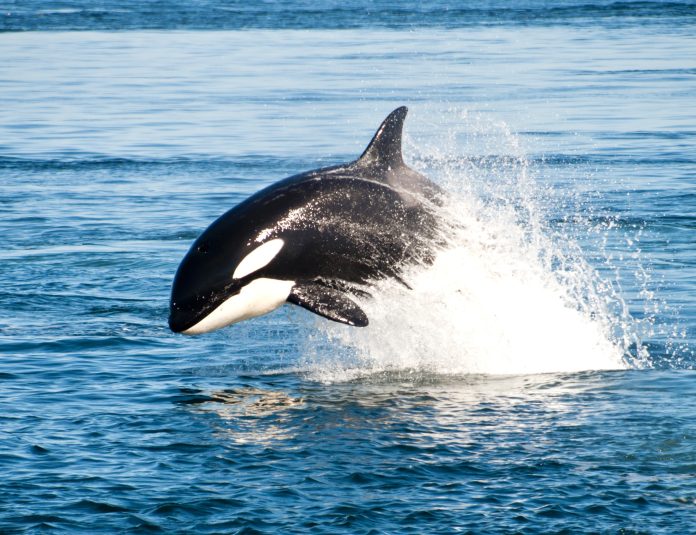
73 Endangered Southern Resident Orcas Remain In The Wild; New Regulations Proposed To Save Them From Extinction
By Lauren Lewis
You can help all animals and our planet by choosing compassion on your plate and in your glass. #GoVeg
RELATED ARTICLES
Banning Cruelty: New Legislation Aims To Ban Octopus Farming In The U.S.
New bipartisan legislation has just been introduced in the U.S. to ban commercial octopus farming and prohibit imports of farmed octopus from foreign countries.
The...
Outrage In Yellowstone! Grizzly Bear Killed By Wildlife Officials & Left With Head & Paws Cut Off
Photo by: Trisha McFarland / Cowboy State Daily
A photo of a dead grizzly bear with its head and paws cut off has caused an...
Inside Florida’s Illegal Horse Meat Trade: Undercover Footage Shows Racehorse Being Shot & Butchered
A heart-wrenching discovery of illegal horse slaughter has emerged, with video footage exposing the tragic killing of a racehorse named 'Funny Biz,' who was...
Popular stories
Breaking! The Transfer Of Two Asian Elephants From Canada To Texas Is Canceled Following In Defense Of Animals’ Ranking Of 2020’s Worst Zoos
Following the release of In Defense of Animals’ annual list of the 10 Worst Zoo's for Elephants in North America, the Fort Worth Zoo in Texas has...
News
WAN Exclusive On No Dogs Left Behind’s Rescue Of 28 Dogs From The Dog Meat Trade In East Asia; Canadian Fosters Urgently Needed!
Photos from No Dogs Left Behind
Last week, No Dogs Left Behind (NDLB) rescued 28 more dogs from the brutal dog meat trade in China....
Policy
Breaking! Whale Entanglement Prevention Act Aims To End The Suffering & Death Of Endangered Marine Life Off The Coast Of California
This week, Assemblymember Rob Bonta, along with co-sponsors Social Compassion in Legislation and The Center for Biological Diversity introduced AB 534, The Whale Entanglement Prevention...


